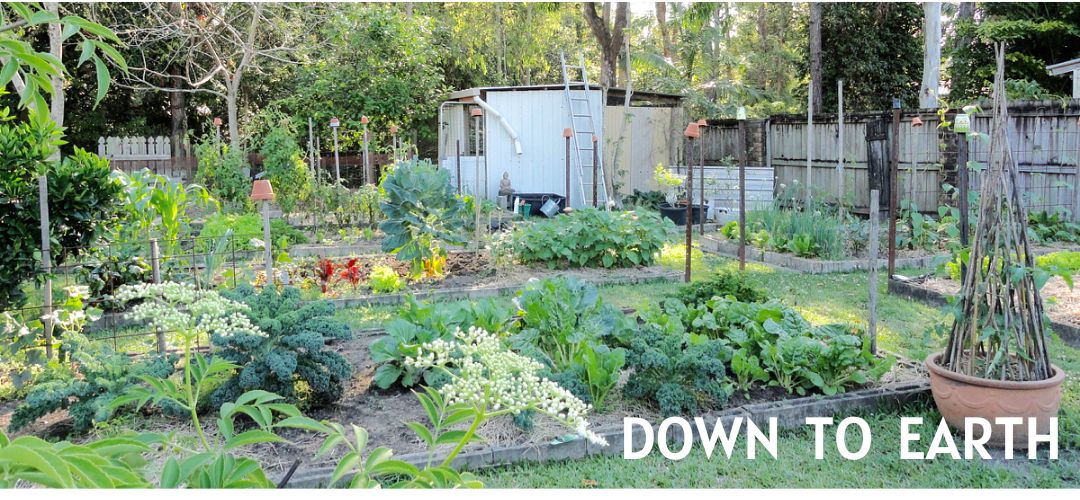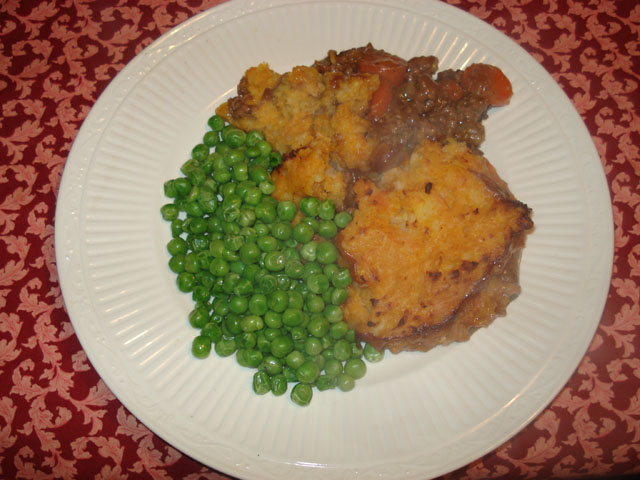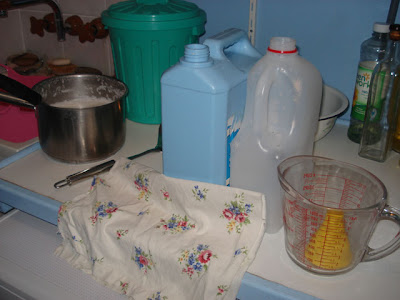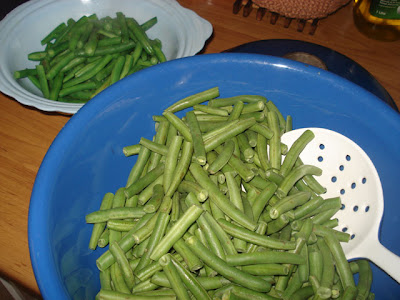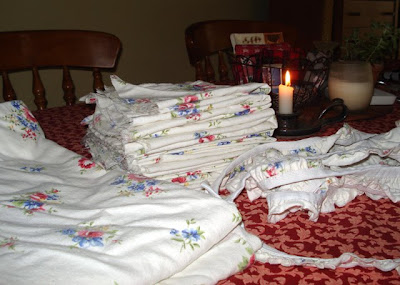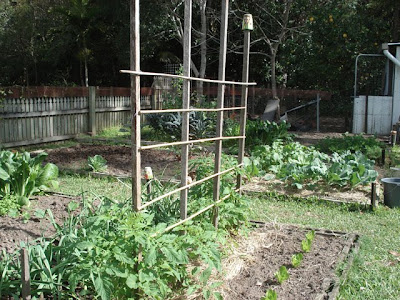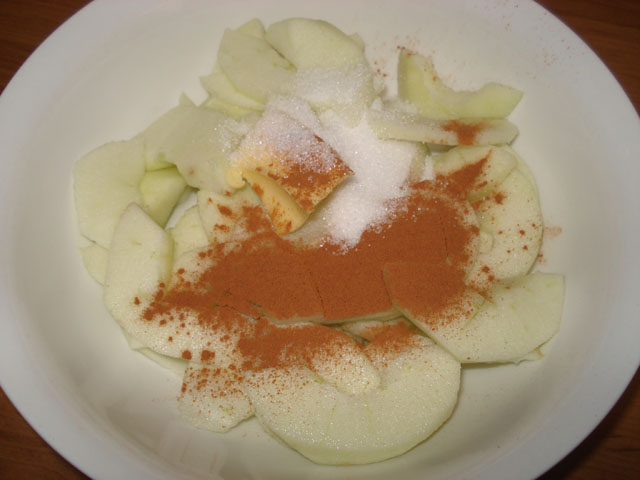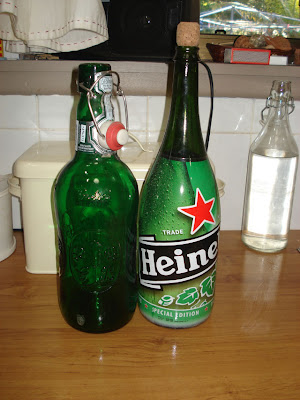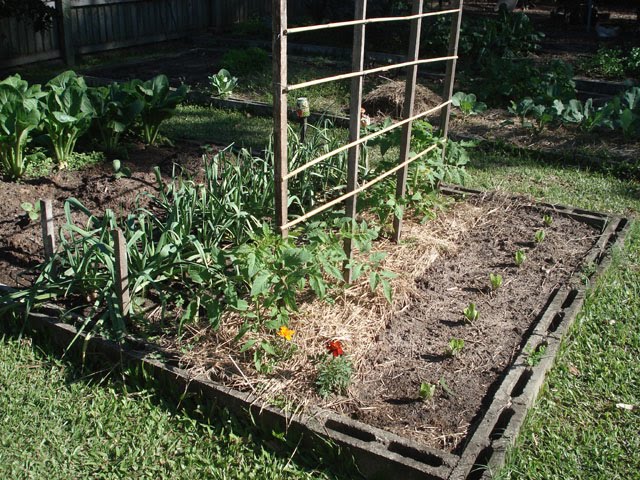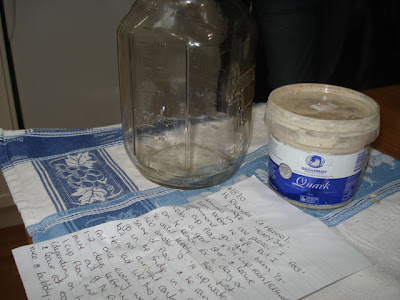I usually receive a few emails every week asking for more from scratch recipes. I cook every day, so there is no shortage of recipes. On this past weekend, I made beef curry, a very frugal beef mince (ground beef) and potato pie, lemon curd, lemon curd ice cream, apple pikelets, and more. I never use tins of soup or artificial additives in our food because one of the reasons we like eating home cooked food is we know what's in it and there are no preservatives. And to tell you the truth, this is how I learnt to cook, it's delicious and easy and I've never seen a reason to change. I never follow recipes. If I see a recipe I like, I always change it in someway to suit us. I see recipes as a starting point and if you're a good cook, you'll be able to change any recipe to better suit your family, or at those times when you don't have the exact ingredients to hand.
The only way you can change recipes is to understand what you're cooking. Don't just cook according to the book, experiment, think about your ingredients and methods and wonder about things like: What if I used double that amount? What would happen if I left that out? I don't have that, I'll use this. Will it work? Take it easy when you start, you don't want to waste any food. But cooking like that will help you develop your skills and will lead you to create you're own recipes. In the meantime, here are a couple of mine. Please feel free to modify them.
Beef mince and potato pie (with no pastry)
This will feed at least 6 people, or two old codgers for three days.
Ingredients
1kg (2.2 lbs) good quality beef mince. I always buy the low fat or best quality one.
2 medium onions, chopped
2 medium carrots, sliced
2 stalks of celery, chopped
1 clove garlic
1 tablespoon paprika
2 tablespoons plain flour or corn flour/cornstarch
salt and pepper
water
for the topping
6 medium potatoes, or potato and pumpkin, or sweet potato, or any combination thereof boiled and mashed.
Into a hot frying pan or cast iron pot (one you can put into the oven), place half the meat and brown it. When it has some good brown colour, remove it and do the next half. Don't skimp on this step. This is here you'll develop a lot of the flavour. All those dark brown bits on the bottom of the pan are your natural flavours. Remove the meat and add the vegetables, but not the garlic. Cook them until they develop a bit of brown colouring as well. When the vegetables are ready, add the meat back to the pan as well as the garlic.
Add the flour, paprika, salt and pepper and stir through thoroughly. Then add enough water so you can see water below the ingredients but it's not covering them. Allow that to come to the boil and stir so it thickens without catching and burning. When the mix has thickened, dollop on the mashed potato to completely cover the top. Place in the oven at 200C/395F and cook until the potato is golden brown.
This is a must have winter meal that both Hanno and I love.
Lemon curd ice cream

My recipe for lemon curd/butter is here. When you've made it, whip 300 mls/half a pint of cream to soft peak stage. Add a cup of lemon butter and stir through. Add to a bowl, cover tightly, and put it in the freezer for 24 hours. That's it! It's delicious. Hanno and I had one scoop each in martini glasses last night. What decadence. Sorry, I forgot to take a photo. Maybe tonight. ;- )
